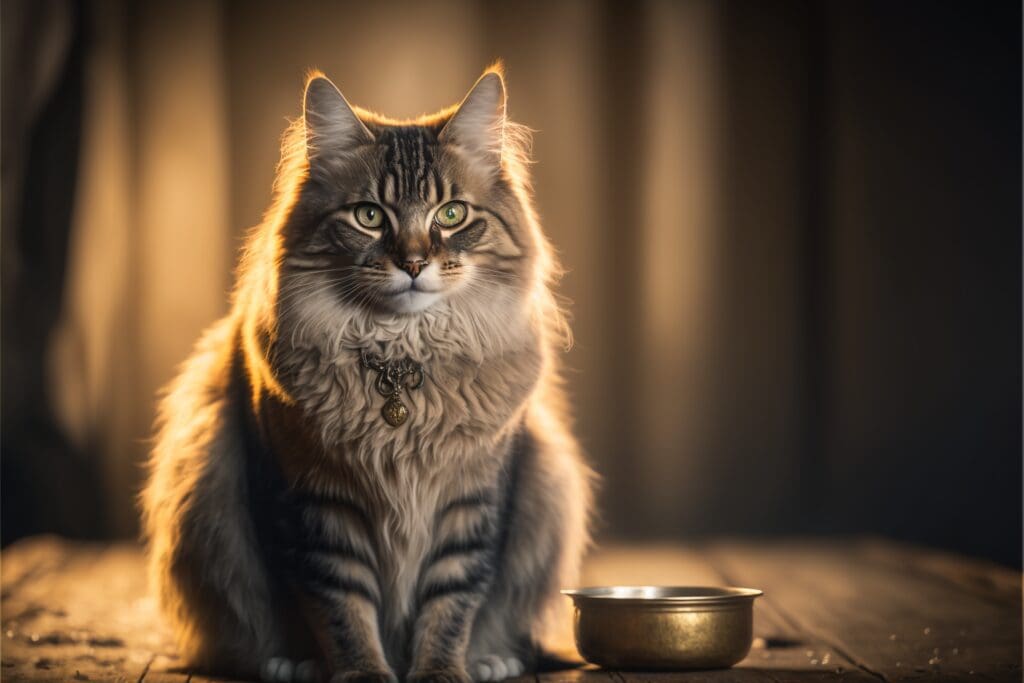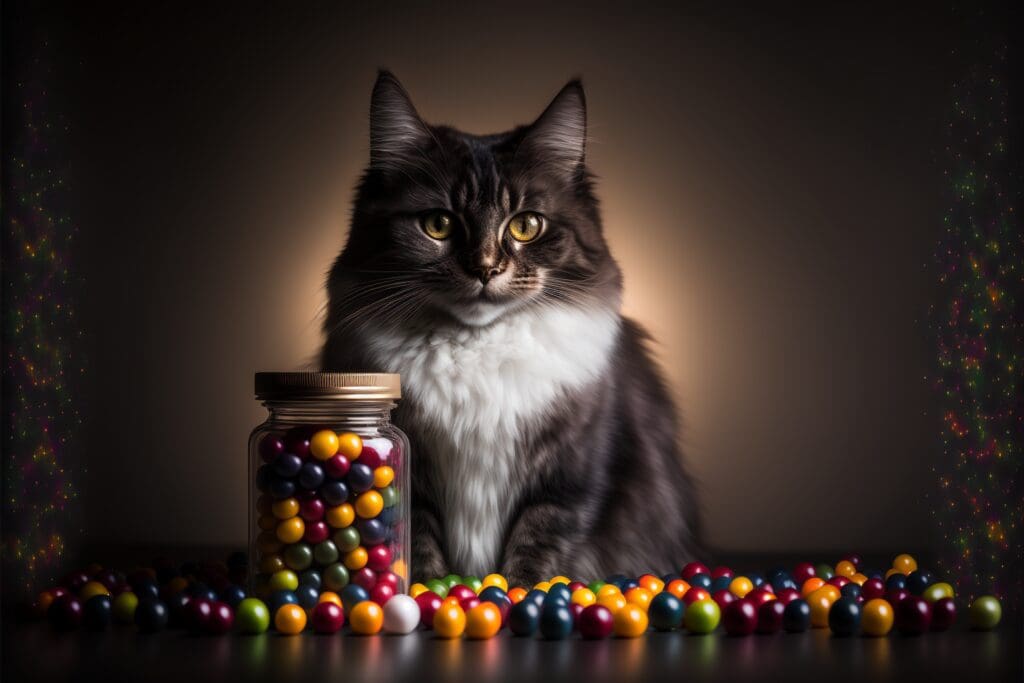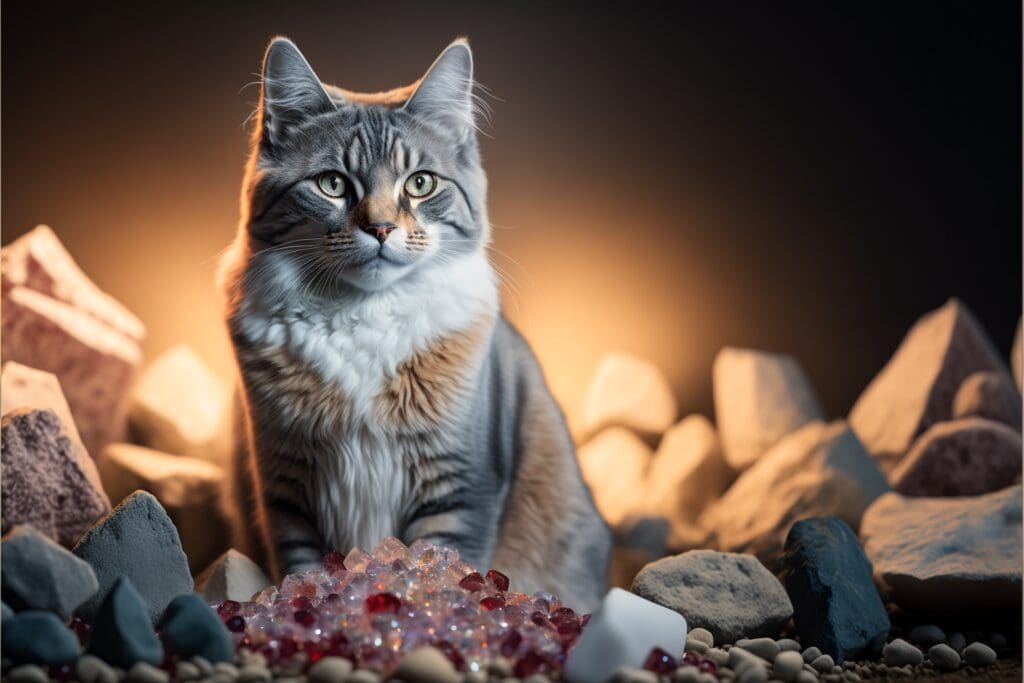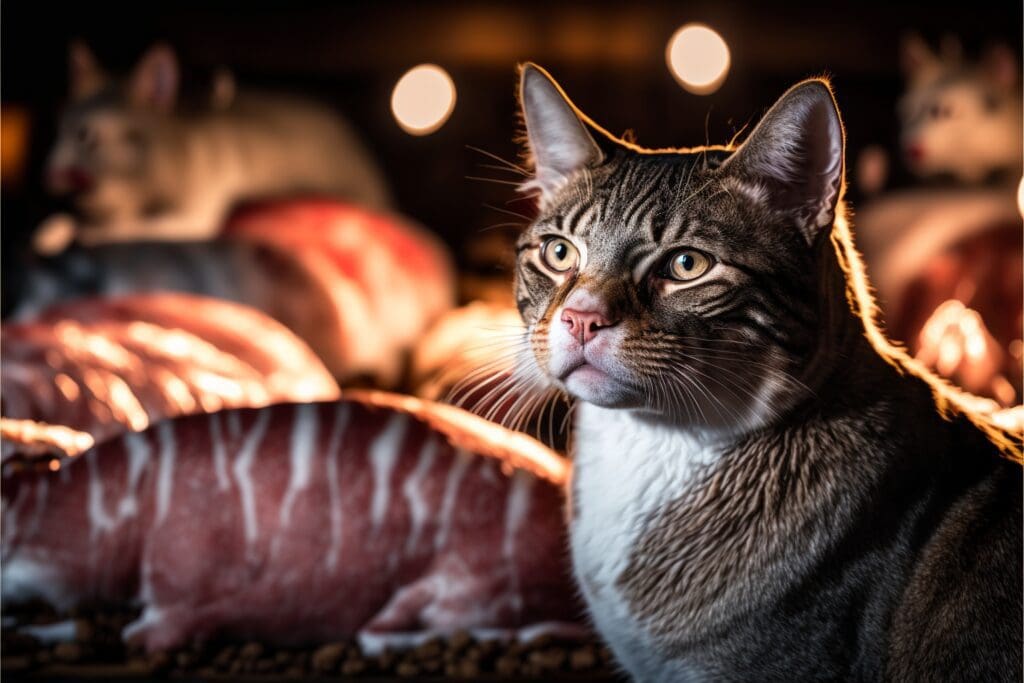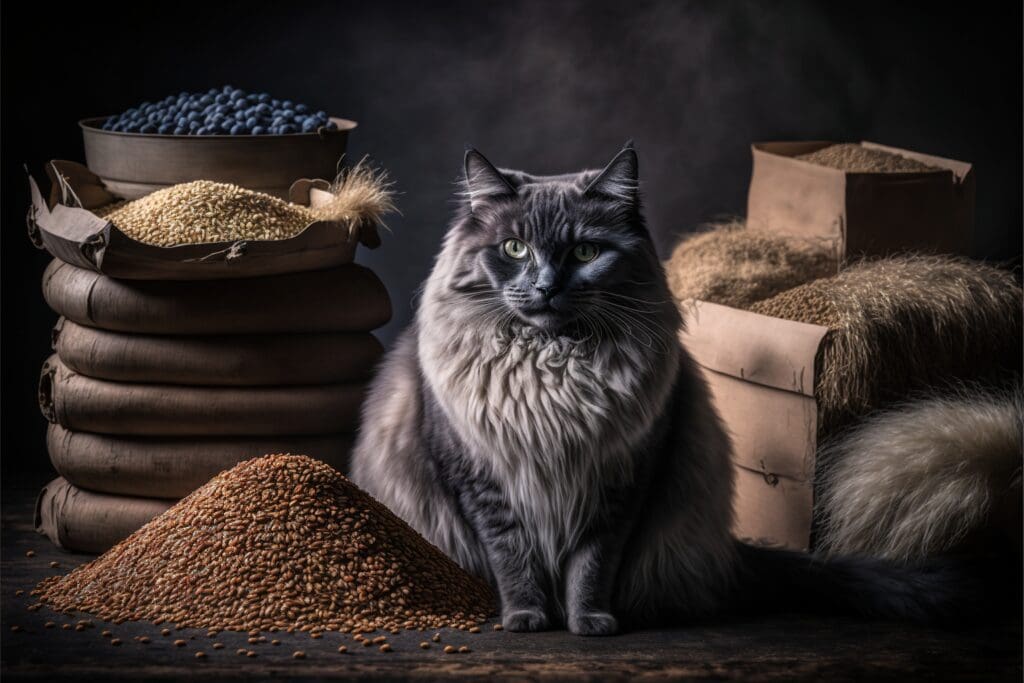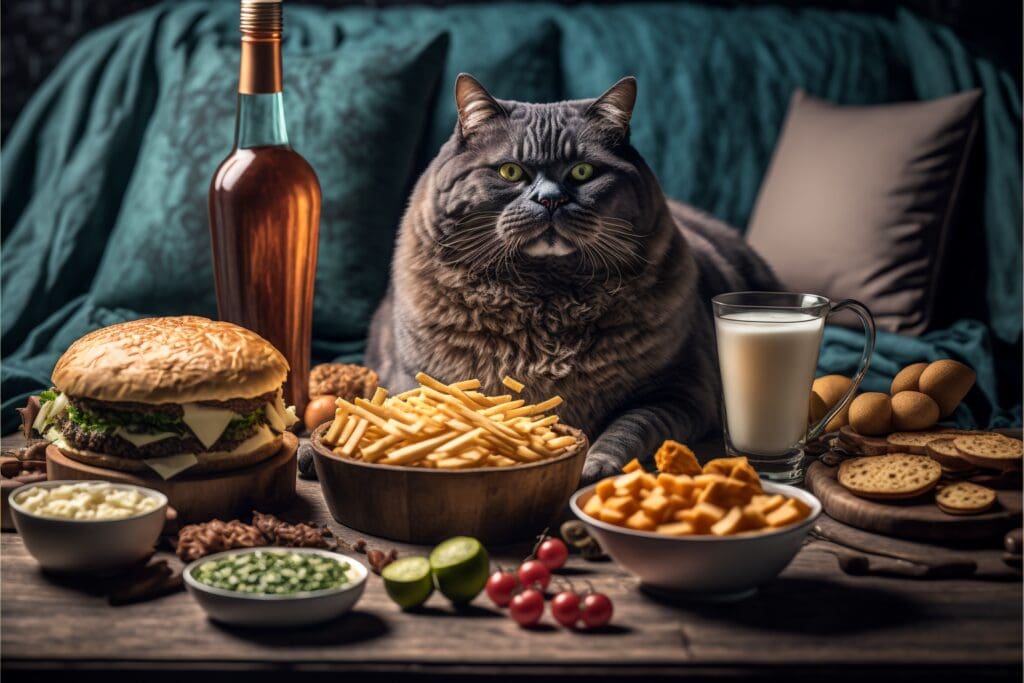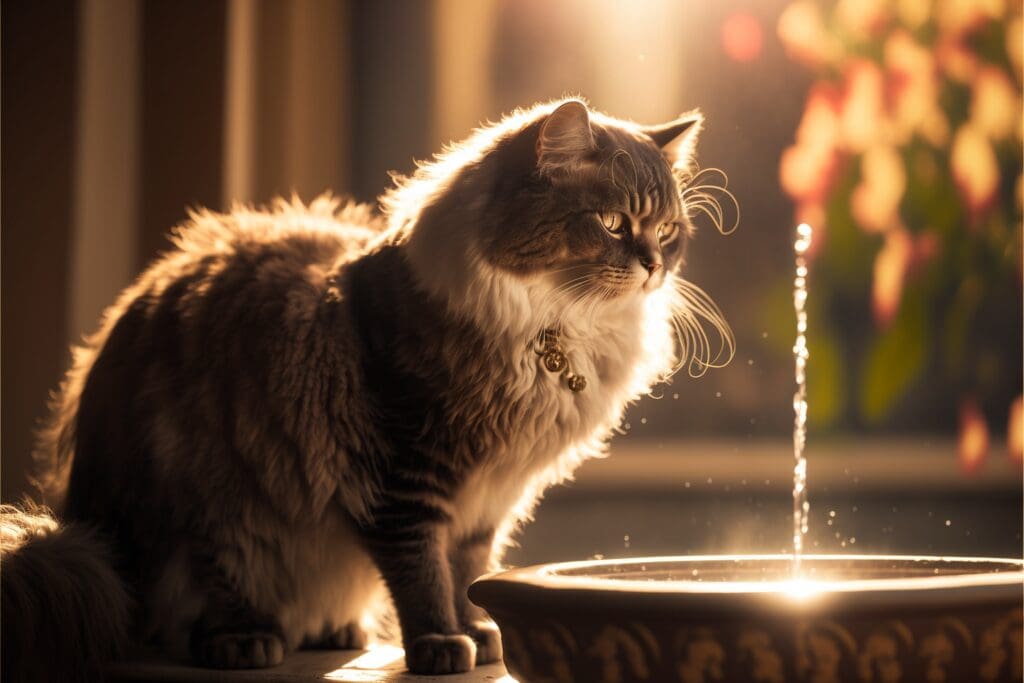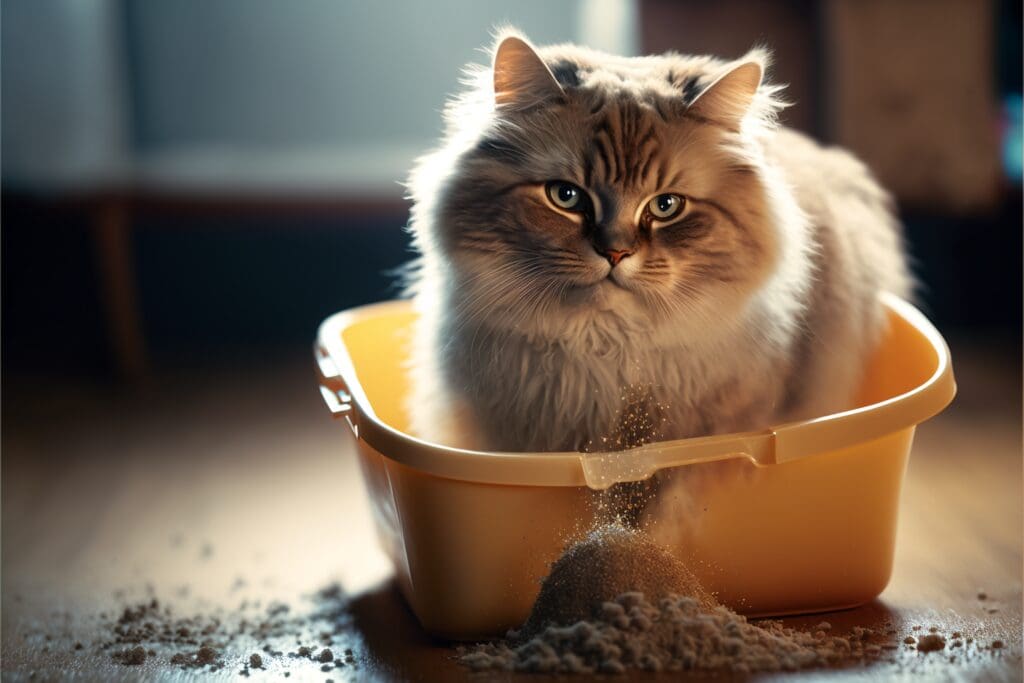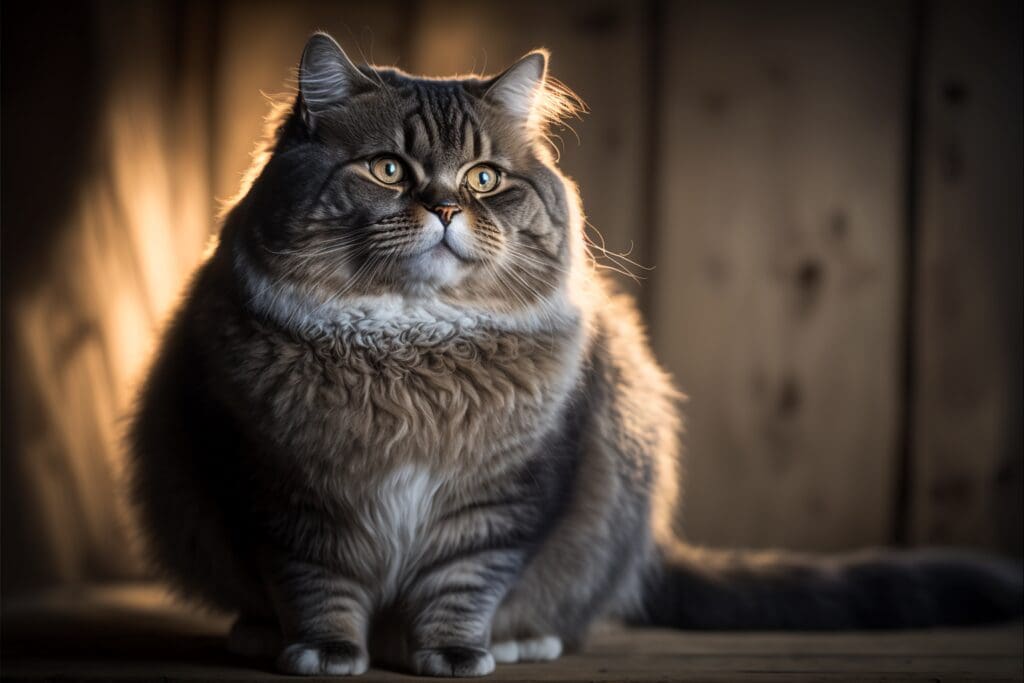Cat Nutrition Basics
Cats are natural carnivores and require a high-protein, high-moisture diet to stay healthy and active. They need complete and balanced food that includes animal proteins such as turkey, chicken, beef, fish, and eggs as well as essential amino acids, soluble fiber, vitamin A, and high moisture content. Cats also require animal-based vitamins like vitamin D, […]
Cat Nutrition Basics Read More »
